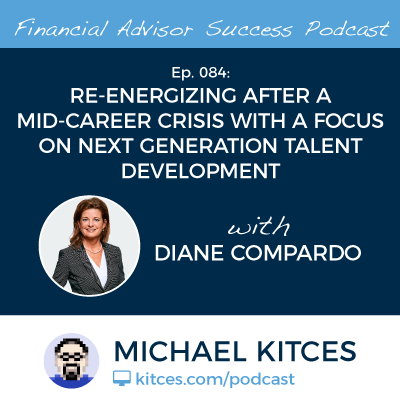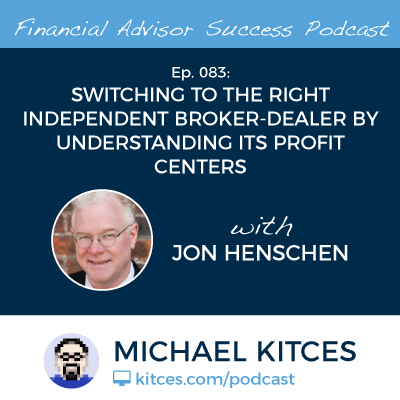Over the past few years, advisors have worried mightily about the threat posed by the rise of the so-called robo-advisors. However, as we’ve seen in recent months, several robo-advisors have shut down, while many of the more prominent ones have seen their growth rates decline dramatically. Still there is a threat out there that financial advisors need to be aware of: and it’s not from robo-advisors, but from Certified Public Accountants (and what robo-tax-preparation has done to them!).
In this week’s #OfficeHours with @MichaelKitces, my Tuesday 1PM EST broadcast via Periscope and guest hosted this week by Jeff Levine, we discuss why CPAs represent the biggest competitive threat to financial advisors today, why the demise of the DoL fiduciary rule has opened the door for CPAs to expand their practices by offering financial planning services, and the steps financial advisors can take right now to help stave off that threat.
It’s not news that financial advisors have been dealing with compressed margins for years, but CPAs have been under that same pressure for far longer, as “robo” tax preparation software has dramatically reduced tax preparation costs for consumers. By expanding into financial planning services, CPAs have the opportunity to add value for their clients by capitalizing on the fact that, not only do they already have a deep knowledge of their clients’ financial situations, but they also enjoy a very high level of public trust.
All of this, including the fact that consumers prefer one-stop shopping, makes financial planning a great fit for CPAs. The American Institute of Certified Public Accountants (AICPA) knows this as well and has been busy promoting their Personal Financial Services (PFS) designation, which (by the way) is only available to CPAs. And now, with the Department of Labor's fiduciary rule now officially out of the picture, a major regulatory hurdle is out of the way, opening the door for larger accounting firms to take a closer look at entering the wealth management arena.
All is not lost, however. To combat this threat, financial advisors can focus on developing their tax planning expertise, and work on making themselves indispensable to tax professionals by proactively sharing and providing client information and collaborating with as early as possible every tax season. Because CPAs who already work productively with financial advisors are less likely to decide to go into competition with them… especially if the CPA is counting on you as their referral source!
The bottom line, though, is simply that CPAs represent a threat to financial advisors, as they are driven increasingly towards the advice business because of the pressure on their own accounting firms… but there’s still an opportunity for advisors to create stronger professional relationships with accountants and even grow their practices in the process.




